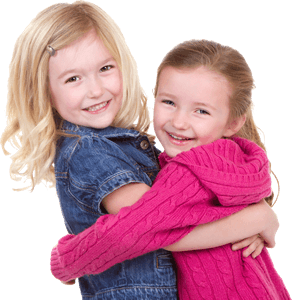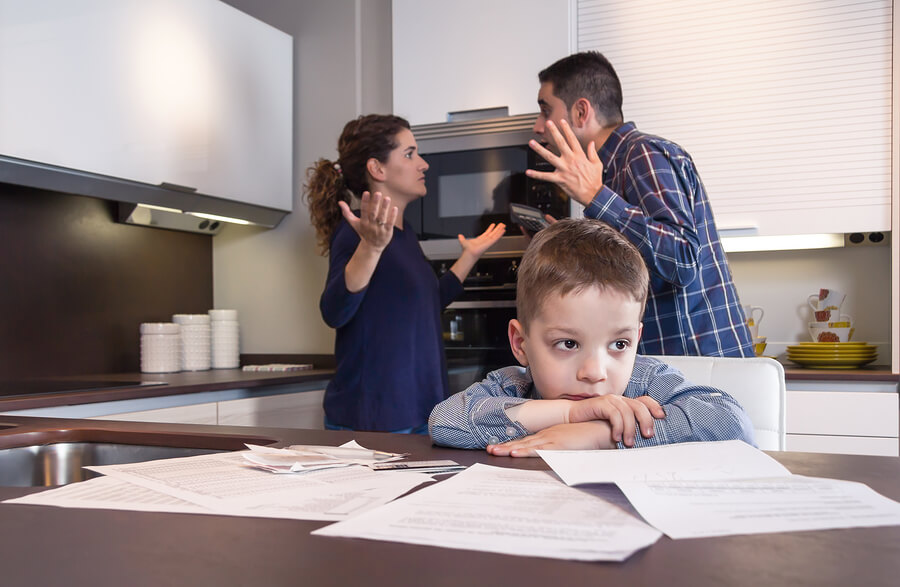5 Tips To Help Children Transition Betwe...
By Rosalind Sedacca, CDC Parenting plans and contact schedules are an important part of divorce proceedings. They help create a semblance of routine in this new chapter of family life for divorcing parents. I am a strong believer in co-parenting whenever possible to serve the best interest of your children. But not all couples can work together with civility and harmony. So sometimes parallel parenting becomes the plan, meaning you both parent the children but with minimum communication between one another. Keep in mind that your kids pick up on the emotional energy around their parents and life after divorce is smoother and easier for them when their parents behave maturely and responsibly. However you work out your shared parenting plan, it’s the day-to-day challenges of post-divorce life that puts all co-parents to the test. Here are 5 important ways to ease the transitioning between homes process for everyone










